Pediatric Thyroid disorders refer to conditions that affect the Thyroid gland in children, disrupting its normal function. The Thyroid gland, located in the neck, plays a crucial role in regulating metabolism and growth by producing hormones such as thyroxine (T4) and triiodothyronine (T3). Thyroid disorders in children can lead to various health issues and require careful management.
Types:
- Hypothyroidism: Underactive thyroid, leading to slower metabolism, fatigue, growth and development delays.
- Hyperthyroidism: Overactive Thyroid, causing weight loss, anxiety, hyperactivity, and rapid heart rate.
- Congenital hypothyroidism: Thyroid gland absent or not functioning at birth, requiring immediate treatment.
- Thyroid Nodules and Tumors: The development of abnormal growths or tumors on the thyroid gland. Most nodules are benign, but some can be cancerous. It can present with lump in the neck, difficulty swallowing, changes in voice and most commonly found in thyroid ultrasound.
Symptoms:
- Autoimmune disease, iodine deficiency, genetic factors, or medication side effects etc
Diagnosis:
- Blood tests to measure thyroid hormone levels and antibodies.
- Imaging tests like ultrasounds or scans may be needed.
Treatment:
- Medications to replace missing hormones (hypothyroidism) or suppress excess hormone production (hyperthyroidism).
- Surgery or radioactive iodine treatment may be necessary in some cases
Impact:
- Early diagnosis and treatment are crucial for preventing long-term complications like intellectual disability, stunted growth, and heart problems.
- Most children with thyroid disorders can live healthy lives with proper management.
Additional Resources:
- American Thyroid Association: https://www.thyroid.org/
- Children’s Hospital of Philadelphia: https://www.chop.edu/centers-programs/pediatric-thyroid-center
- March of Dimes: https://rarediseases.org/organizations/march-of-dimes/
If you have concerns about your child’s thyroid health, please consult for a thorough evaluation and diagnosis.

